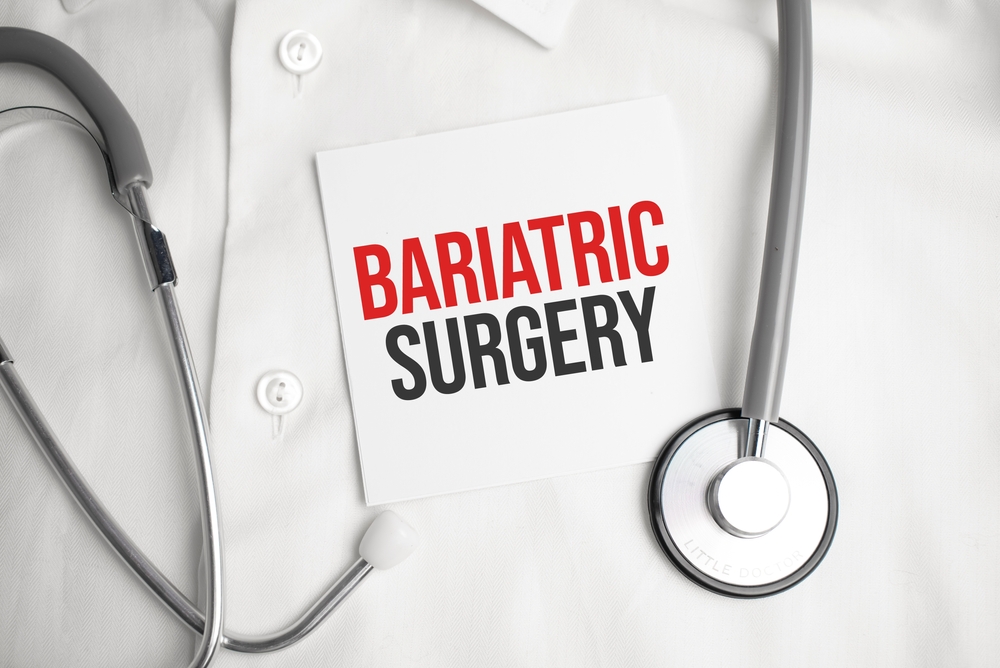
Beyond the Scale: Explore The Essential Eligibility And Criteria to meet For Your Bariatric Surgery Journey
As per NCBI reports, it is found that bariatric surgery is safe surgery with low mortality and morbidity, having a risk rate of 0.4% and postoperative complications of 3.4 to 5.1%.
Bariatric surgery, also known as weight loss surgery, provides long-lasting results and puts a check on the weight. It is a boon for obese patients.
This type of surgery is known by two names, i.e., gastric bypass or gastric sleeve. Undergoing bariatric surgery will bring a lot of changes to the digestive system and stomach. It also reduces the amount of food you intake every day. You will be able to consume the food in small portions.
However, this type of surgery is only suitable for some. You have to meet the criteria and eligibility to undergo this surgery. Read this article for more details about the eligibility criteria.
What is Bariatric Surgery?
Bariatric surgery is a surgical operation that allows people to cut down the fat from the body by going under the knife. Many professionals will recommend this procedure if the other weight loss methods you tried did not yield positive results.
The surgery will modify your digestive system, i.e., the stomach, also known as the small intestine, to regulate how many calories you intake and absorb. It also reduces hunger signals and lets you consume less than you used to finish earlier.
The procedure will also treat many metabolic diseases like diabetes and fatty liver issues. You have to make many lifestyle changes to maintain weight throughout your life.
Qualifying Criteria for this Weight-loss Revolution
People who meet the following criteria are only eligible to undergo gastrectomy:
- BMI should be between 30 and 35, with two or multiple comorbidities like hypertension, diabetes, sleep disorder, and cardiac disease.
- BMI more than 35 with or without comorbidities.
- Inability to lose weight and have a history of doing it in the past.
- Obesity issues can pose a severe risk to life.
- None of a patient's severe medical problems can pose a risk to their life during the surgery.
- Psychological problems like depression can pose a serious issue and risk during and after the surgery.
- Age criteria.
- Stay motivated to work after losing weight.
Screening the Patients Undergoing Bariatric Surgery
Patients who are going through bariatric surgery and weight loss have to go through a lot of steps to make sure that the surgery goes safely.
Here is how the patient will be screened at multiple levels.
Initial consultation
The process will start with a consultation between the surgeon or a healthcare professional and the patient. They will all check the patient's medical history, previous weight loss challenges if any in the past, and present health conditions.
BMI calculation
It is important to calculate the height and weight of the patient before the surgery. Patients who have a BMI of 30 and higher or 35 and higher will have obesity issues. They are considered to be ideal ones to undergo bariatric surgery.
Physical examination
The patient's physical examination is done to assess their health condition. Through this examination, they will find out the patient's medical condition and check for obesity-related conditions.
Evaluate the psychological condition
Patients undergoing this surgery will undergo a psychological evaluation to determine their emotional readiness for the upcoming change.
They also consider various psychological factors that have an impact on the pre and post-surgery. They will determine if the patient needs additional support or counselling during or after the surgery.
Assess the nutritional needs
The dietitian will assess the patient's nutritional requirements and check for any dietary deficiencies. They will prescribe a suitable diet plan that the patient must adhere to, addressing deficiencies both before and after the bariatric surgery.
Complete various medical tests
The patient has to go through different types of tests, such as blood tests, ECG, and imaging studies, to check the patient's health and determine the risks they can be prone to during the surgery.
Educate the patient and take their consent
After the screening, the patient will be educated regarding different types of bariatric procedures and the potential risks and benefits they can reap. They also will be suggested with the diet plans they need to follow post-surgery to heal quickly and stay healthy throughout their life.
They also take the consent from the patient that they fully understand the operative procedure before performing the surgery on them.
Insurance
The financial situation of the patient is also considered. They also check on the insurance they hold. The team will discuss the coverage they get and the payment options available.
Conclusion
Though the primary goal of bariatric surgery is weight loss, this process also brings healthy improvements in obesity-related health conditions such as hypertension, type 2 diabetes. It is important to note that bariatric surgery is not a one-size-fits-all solution. This requires careful consideration of multiple health factors of an individual. This cosmic surgery involves a lot of complex procedures and complications. The doctors do a clear-cut evaluation for long term success.
Only the patients who meet the criteria set can undergo this surgery successfully. The doctors will check the patient's medical history, BMI, lifestyle habits, and psychological readiness. This is a transformative gastrectomy procedure that will help people with obesity problems to look slim and thin.






